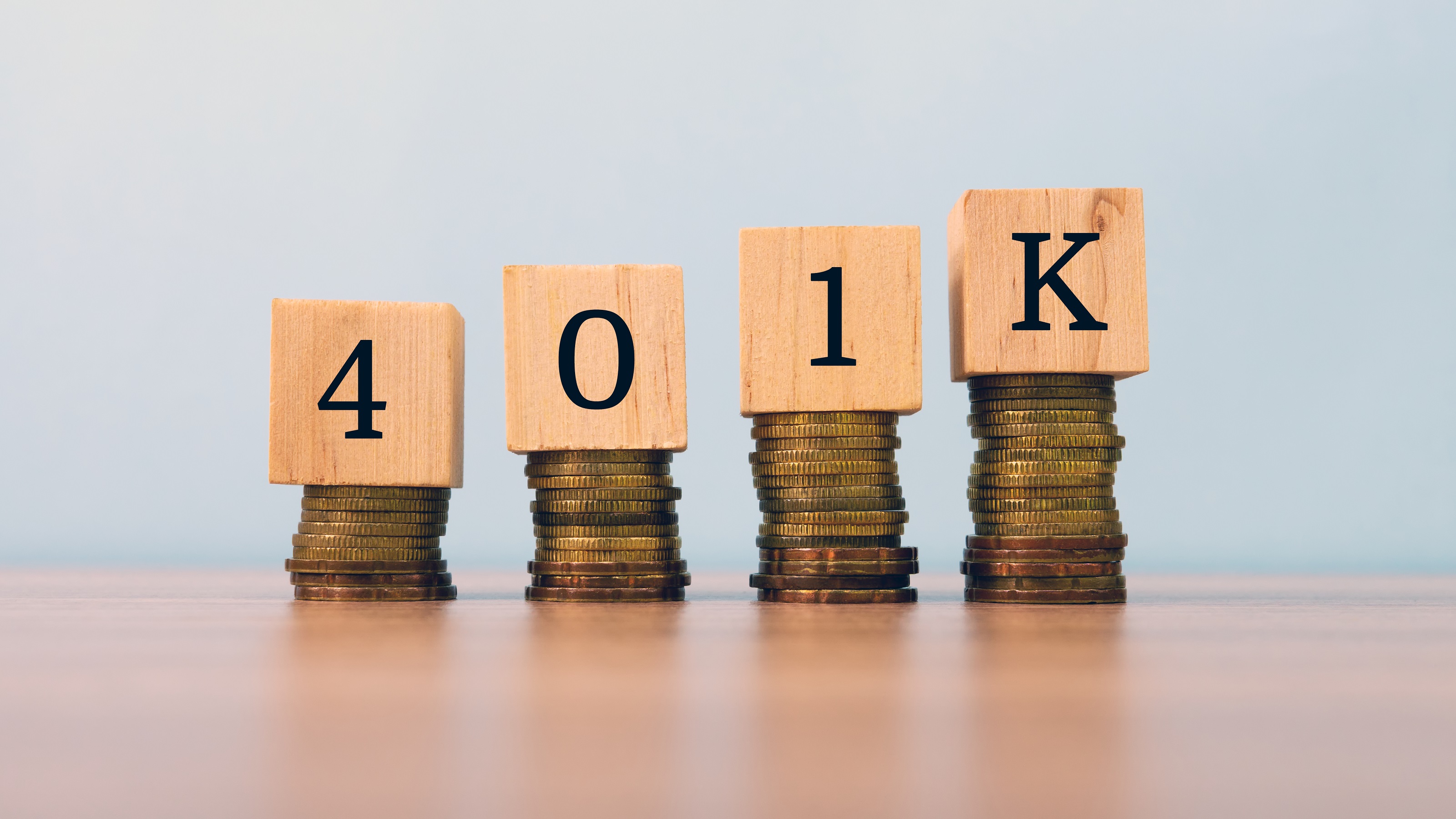401(k) Provider Offers Cash Incentive to Start Saving
The first 401(k) cash-back program pays you to save.


Profit and prosper with the best of Kiplinger's advice on investing, taxes, retirement, personal finance and much more. Delivered daily. Enter your email in the box and click Sign Me Up.
You are now subscribed
Your newsletter sign-up was successful
Want to add more newsletters?

Delivered daily
Kiplinger Today
Profit and prosper with the best of Kiplinger's advice on investing, taxes, retirement, personal finance and much more delivered daily. Smart money moves start here.

Sent five days a week
Kiplinger A Step Ahead
Get practical help to make better financial decisions in your everyday life, from spending to savings on top deals.

Delivered daily
Kiplinger Closing Bell
Get today's biggest financial and investing headlines delivered to your inbox every day the U.S. stock market is open.

Sent twice a week
Kiplinger Adviser Intel
Financial pros across the country share best practices and fresh tactics to preserve and grow your wealth.

Delivered weekly
Kiplinger Tax Tips
Trim your federal and state tax bills with practical tax-planning and tax-cutting strategies.

Sent twice a week
Kiplinger Retirement Tips
Your twice-a-week guide to planning and enjoying a financially secure and richly rewarding retirement

Sent bimonthly.
Kiplinger Adviser Angle
Insights for advisers, wealth managers and other financial professionals.

Sent twice a week
Kiplinger Investing Weekly
Your twice-a-week roundup of promising stocks, funds, companies and industries you should consider, ones you should avoid, and why.

Sent weekly for six weeks
Kiplinger Invest for Retirement
Your step-by-step six-part series on how to invest for retirement, from devising a successful strategy to exactly which investments to choose.
You could potentially earn a cash incentive just by saving for retirement. Human Interest, a 401(k) provider for small and mid-size companies, is now paying participants to save, providing cash for those who need it the most.
Considering half of mothers have little retirement savings, and Gen Xers just aren't saving enough for retirement, Human Interest’s (k)ickstart initiative could prove to be a much needed push for individuals to begin long-term saving in employer-sponsored retirement plans.
Specifically designed for first time retirement contributors, (k)ickstart was created by Human Interest “to help turn potential savers into savvy savers.”
From just $107.88 $24.99 for Kiplinger Personal Finance
Become a smarter, better informed investor. Subscribe from just $107.88 $24.99, plus get up to 4 Special Issues

Sign up for Kiplinger’s Free Newsletters
Profit and prosper with the best of expert advice on investing, taxes, retirement, personal finance and more - straight to your e-mail.
Profit and prosper with the best of expert advice - straight to your e-mail.
Currently, 74% of Americans say they can’t count on Social Security benefits when planning retirement income, leading them to worry about their long-term financial stability, according to the latest Quarterly Market Perceptions Study from Allianz Life Insurance Company of North America. In fact, the study also found that 66% of Americans worry that unless they increase their retirement savings soon, they won’t be able to afford a comfortable retirement.
By launching the (k)ickstart initiative, Human Interest hopes to help individuals start saving for retirement as early as they can, in order to get the decades of life they want.
The new program is available to anyone in an employer-sponsored 401(k) or 403(b) provided by Human Interest Inc, who is making at or below the U.S. median wage of $60,000. The program offers 3% cash back to participants contributing at least 8% to retirement savings over a 12-month period.
The minimum amount that can be rewarded is $100 and the maximum is $250. Rewards are received in the form of a gift card via email, thanks to a new provision in the SECURE Act 2.0 – Section 113 that allows employers to offer financial incentives, like low-dollar gift cards, to boost employee participation in workplace retirement plans. The program’s structure is similar to that of a cash-back credit card’s rewards structure, something many individuals are already familiar with.
Along with this cash incentive, all Human Interest plan participants will receive access to a financial wellness curriculum to further assist them in their retirement savings journey. The curriculum includes webinars and a 10-part series of financial wellness tips and tools.
“We are using the same rewards model that people enjoy in their daily lives, akin to cash back credit cards, to encourage employees to actively save for a healthy retirement. That is why we are now the first and only retirement provider to offer a cash back program to incentivize individuals to save.” said Jeff Schneble, CEO of Human Interest in a company press release.
Related Content
Profit and prosper with the best of Kiplinger's advice on investing, taxes, retirement, personal finance and much more. Delivered daily. Enter your email in the box and click Sign Me Up.

Erin pairs personal experience with research and is passionate about sharing personal finance advice with others. Previously, she was a freelancer focusing on the credit card side of finance, but has branched out since then to cover other aspects of personal finance. Erin is well-versed in traditional media with reporting, interviewing and research, as well as using graphic design and video and audio storytelling to share with her readers.
-
 Dow Adds 1,206 Points to Top 50,000: Stock Market Today
Dow Adds 1,206 Points to Top 50,000: Stock Market TodayThe S&P 500 and Nasdaq also had strong finishes to a volatile week, with beaten-down tech stocks outperforming.
-
 Ask the Tax Editor: Federal Income Tax Deductions
Ask the Tax Editor: Federal Income Tax DeductionsAsk the Editor In this week's Ask the Editor Q&A, Joy Taylor answers questions on federal income tax deductions
-
 States With No-Fault Car Insurance Laws (and How No-Fault Car Insurance Works)
States With No-Fault Car Insurance Laws (and How No-Fault Car Insurance Works)A breakdown of the confusing rules around no-fault car insurance in every state where it exists.